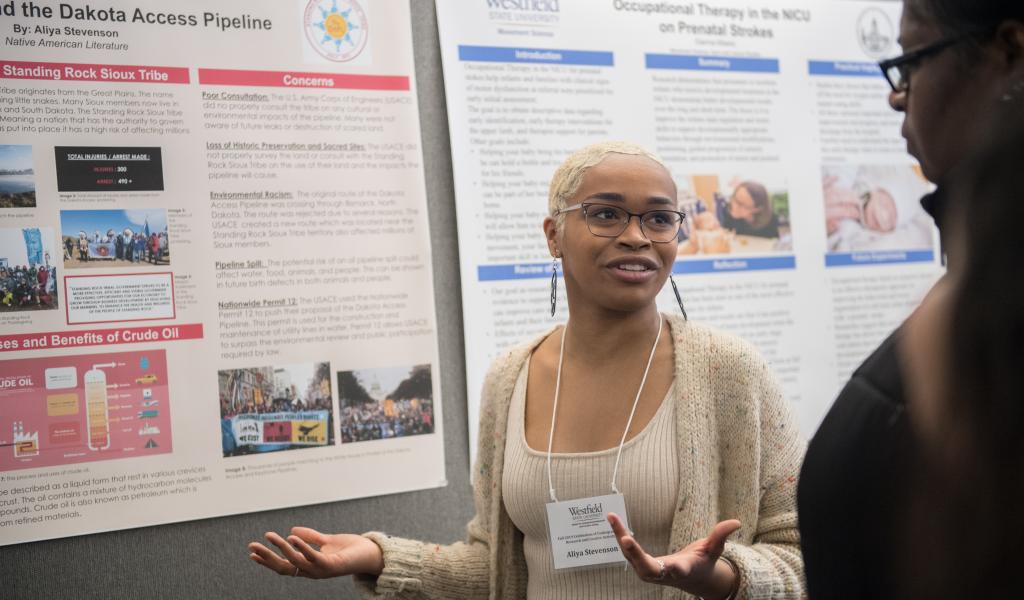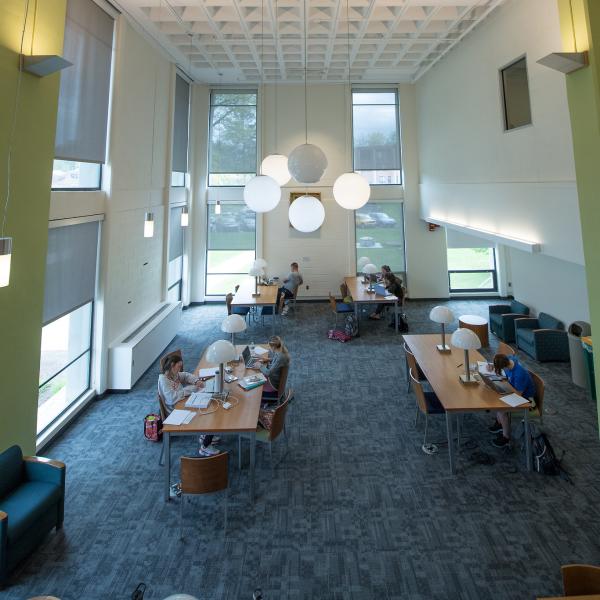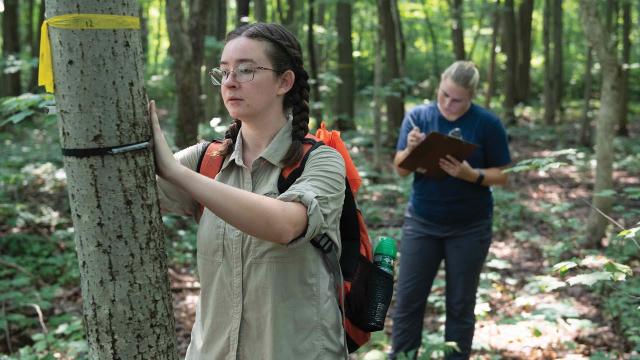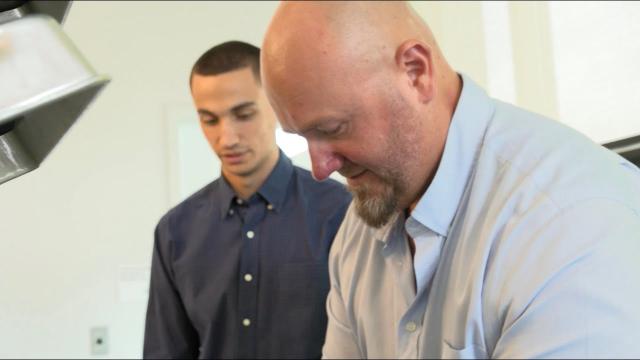
Center for Undergraduate Research & Creative Activity
(CURCA)

CURCA Spring Celebration: Discover Student Research
Would you like to explore your passions, expand your knowledge, and create a competitive portfolio of meaningful skills and experiences?
The Center for Undergraduate Research and Creative Activity (CURCA) helps students pursue research and creative scholarship. Our goal is to remove barriers and empower students by facilitating and fostering collaborative engagement, professional development, and funding to support student research and creative activity in and out of the classroom.
CURCA supports students at all levels of the curriculum, including First-Year and Common Core Classes, Independent Studies, Major-specific classes, Summer Research programs, and Honors projects. We provide opportunities for students to explore their passions, expand their knowledge, and create a competitive portfolio of meaningful skills and experiences.
Friday, May 2, 2025, 1–4 PM: Spring CURCA Celebration of Undergraduate Research and Creative Projects at the Dower Center
Spring 2025 Program
IF YOU ARE CONDUCTING HUMAN STUDIES, YOU ARE REQUIRED TO HAVE AN APPROVED IRB APPLICATION PRIOR TO STARTING YOUR STUDY. IF YOU ARE CONDUCTING ANIMAL STUDIES, IACUC APPROVAL IS REQUIRED BEFORE YOU BEGIN YOUR WORK. WE CAN'T ACCEPT OR DISPLAY ANY WORK THAT IS NOT COMPLIANT WITH IRB OR IACUC REGULATIONS.
For more information on IRB
For more information on IACUC
March 21, 2025 – April 14, 2025: Online submission of posters for printing
If you miss the printing deadline, you can get your poster printed yourself at the WSU Copy Center, and you are responsible for ordering and picking it up. The Copy Center can bill CURCA.
You can also use any number of free poster templates that you can find on the web. Make sure you can download them as a PowerPoint slide to create and ensure it's the correct size before designing. To check the correct size in PowerPoint, click on the "Design" tab. In the upper right side of the window, you'll see "Slide Size"; click on "Custom Slide Size" to set the dimensions to 36" x 42" or 42" x 36". When ready to submit your poster for printing, save and submit as a PDF.
Poster guidelines for design and submission will be emailed to presenters.
Poster sizes must be 36" x 42", and can be portrait or landscape. NO OTHER SIZE ACCEPTED. Please proofread all submissions, as we do not edit. CURCA will cover the printing charge for the first print; the second print will be charged to your department.
Registered students and faculty mentors will receive details and instructions soon after registration closes.
Have questions? We're here for you.
The Center for Undergraduate Research and Creative Activity is under the leadership of Academic Affairs.




